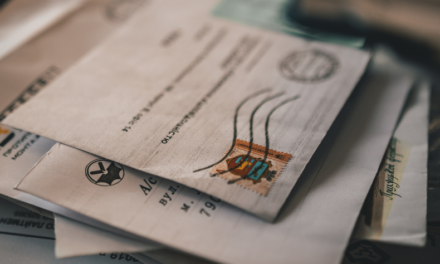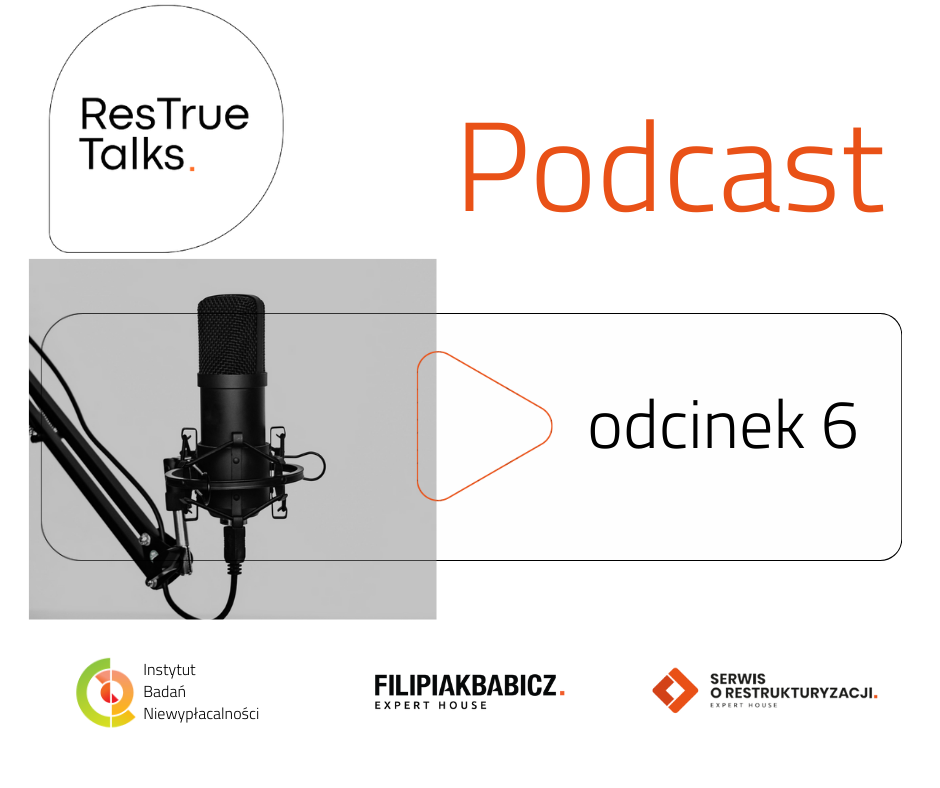
Restructuring of claims in respect of subsidies from the PFR

Entrepreneurs who have received subsidies from the restr(PFR) must account for them. What should be done so that the return of the money does not lead to the insolvency of the company?
Many entrepreneurs have experienced financial problems as a result of the COVID-19 pandemic. To support them, the government introduced solutions to raise additional funding. One of them were subsidies granted within the framework of the so-called Shield 1.0 and Shield 2.0. The full name of the first programme is “Financial Shield of the Polish Development Fund for small or medium-sized enterprises”. Slightly later, the programme ‘Financial Shield 2.0 of the Polish Development Fund for small or medium-sized enterprises’ came into force. Under these programmes, after fulfilling the requirements set out by the PFR, entrepreneurs received money. Now the time has come to account for subsidies received from Shield 2.0. and to verify compliance with the PFR requirements.
Small and medium-sized entrepreneurs had to submit declarations for the settlement of subsidies from Shield 2.0 by 15 January 2022. Taking into account the settlements of subsidies granted under Shield 1.0, some companies will be obliged to return the money. It is worth considering what can be done so that the return of subsidies does not lead to the insolvency of the company. It may result in liquidation of assets and termination of business activity.
Possible actions
Irregularities may relate to e.g. completed documentation, submission of incorrect data or failure to meet the requirements specified in the regulations. If the entrepreneur is aware of them, he may apply to the PFR for establishing the conditions for returning the received money. This is possible even before receiving information about the obligation to return the subsidy. However, it is necessary to estimate beforehand how much should be returned. Usually it will be the amount of the subsidy received plus interest for the period from the date of receipt until repayment.
It is possible that PFR will not respond to the content of the application. It will order the entrepreneur to return the entire amount received plus interest. Then, it will pass the case to a debt collection company with which it has signed agreements on the handling of claims resulting from granted financial subsidies related to the Shield 2.0. In such a situation, the entrepreneur will be obliged to agree with the debt collection company. They must establish together a repayment schedule. There is no problem if the company’s only creditor is the PFR, and its financial capacity will make it possible to establish the debt repayment conditions which will allow it to continue its business activity. It is worse when there are more creditors and the entrepreneur cannot afford to return the financial subsidy. In such a situation, it may be advisable to conduct restructuring proceedings.
Claim covered by the arrangement
Article 150(1)(1) and (3) p.r. specifies which claims the arrangement covers. These will be personal claims arising prior to the opening of restructuring and claims subject to a specific condition, if this condition is fulfilled at the time of implementation of the arrangement. In this light, PFR’s claim will be covered by the arrangement by operation of law. This is the case irrespective of the date of the recovery decision. The claim for repayment of the financial contribution already arose at the time of disbursement of the money (possibly with the fulfilment of the condition). So it will be satisfied in the same way as other creditors or those assigned to the same interest category. However, when setting the repayment terms for PFR, it should be borne in mind that it is a public-law creditor. The arrangement proposals for its claims will therefore have to be verified under the private creditor test for the award of public aid. If the content of the arrangement proposals, and later the arrangement, indicates that public aid has been granted, the court will refuse to approve it. Therefore, it is important to verify this circumstance already at the stage of working on the content of the arrangement proposals. Then, if necessary, the arrangement proposals may still be amended.
Important issues
When deciding on the restructuring of the debt owed to the PFR, it is important to take into account not only the amount of the obligation to return the financial subsidy. Current business problems are also important. It may turn out that simply de-terminating debts to creditors is not enough. In addition, it may happen that in addition to concluding an agreement on repayment of liabilities, the entrepreneur needs to take specific corrective action. Then, instead of simplified and out-of-court proceedings for approval of an arrangement, he will have to choose complex rehabilitation proceedings. Failure to match the appropriate type of proceedings to the situation of the company may prevent effective restructuring and the conclusion of an arrangement.
We recommend the following publications on the subject of PFR subsidies:
– www.prawo.pl/podatki/zwolnienie-z-podatku-od-umorzonej-subwencji-finansowej,512487.html
– www.rp.pl/inne/art16890051-tarcza-finansowa-1-0-rozliczenie-otrzymanych-subwencji-finansowych













